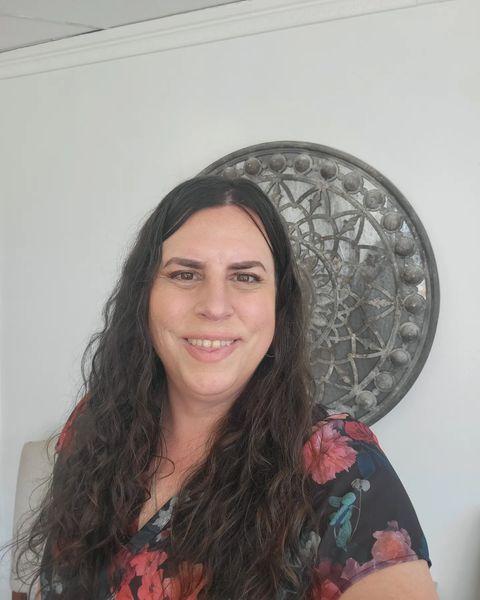Insurance companies can be a frustrating maze for consumers and for providers. It’s not uncommon to call the number on the back of your insurance card and get a different answer every time you call with the same question. But for Dr. Tiffany Najberg, the fight with the insurance companies is a bit more personal.
Najberg is a transgender woman who has run into a multitude of problems in the insurance claims world—not as a patient, but as a provider. After changing her name legally and updating all of the required information on official websites, including the Council for Affordable Quality Healthcare and the National Plan and Provider Enumeration System, two websites insurance companies look at to verify providers’ credentials and ability to practice, her claims have been denied.
In the beginning of this year-long saga, Najberg was receiving checks, but the checks were in her dead name and couldn’t be cashed. After going several rounds with the insurance companies, the checks stopped coming and the insurance companies started denying her claims altogether. Of course, this prompted even more questions and frustration since Najberg updated the insurance companies with her legal name as required.
Najberg told Upworthy that on six different occasions, she and her billing company attempted to rectify the situation to no avail. These aren’t small companies that may have never encountered such a request. In fact, many Americans with insurance are likely covered by one of the companies she’s currently challenging. “Human, Cigna and Aetna flat out refused, but Medicaid, BlueCross BlueShield changed it immediately so it clearly has been approved through national databases,” Najberg said.
The insurance companies’ refusal to pay has been hurting Najberg and her practice, UrgentEMS, located in Shreveport, Louisiana. “My clinic treats everyone, but we aim towards communities that are underinsured and uninsured. I don’t have money to pay my rent next month because of this,” the doctor told Upworthy.
Najberg explained that between the three major insurance companies, she is currently owed nearly $200,000 in unpaid claims. Of course, she could turn patients who have these particular insurances away, but for Najberg, that’s not an option because she focuses on serving those who are underinsured and people in marginalized communities. She currently has over 100 trans patients who need continued healthcare with someone who makes them feel safe.
During the height of the pandemic, her clinic served as a place where people could get COVID-19 treatment, with Najberg proudly saying she treated everyone across the political spectrum. Najberg has built such a reputation on TikTok for her openness and ability to present public health issues in a relatable way that CDC officials have contacted her for pointers on how to engage the public.
But none of that matters if she can’t keep her doors open, and the fear that comes from recognizing that possibility keeps her up at night. Through tears, Najberg expressed her concerns for the most vulnerable population she treats, saying, “I’ll likely have to sleep in my car, and what about my trans patients? If my clinic closes, a few of them may kill themselves.”
Najberg actually found herself in the position to lose everything last month after once again not being paid, but thankfully someone anonymously paid the rent on her office space, which costs around $5,000 a month. Recently, she has relied on donations from her followers in order to keep her doors open until she wins her fight with the insurance companies.
During the interview, Najberg informed Upworthy that one insurance company is now complying. “Aetna has started processing all the back claims and a new contract has been signed. I have no retirement anymore. I have no savings. I’ll never own property. For a lifetime to be wiped away over a name change is ridiculous,” Najberg said.
A name change isn’t uncommon. People change their names for multiple reasons, the main one being marriage, so it would stand to reason that insurance companies know how to navigate name changes within their system. What makes this name change so different if other companies had no issue?
It took Najberg months of phone calls to find out the reason for her denials was due to her name change and she was advised to submit under her dead name. But submitting an insurance claim under a different name than your own is insurance fraud and kind of illegal, she protested.
For Najberg, who’s had a lifelong passion for helping people, the fight isn’t just for herself.
“If they’re doing this to me, they have to be doing this to other people. If they get away with this, they’ll do it to other trans providers,” Najberg told Upworthy.
If you’d like to support Dr. Tiffany in her fight against the insurance companies, you can sign her petition here, and if you’d like to donate to help her pay rent and get needed medical supplies, you can do that here.









































